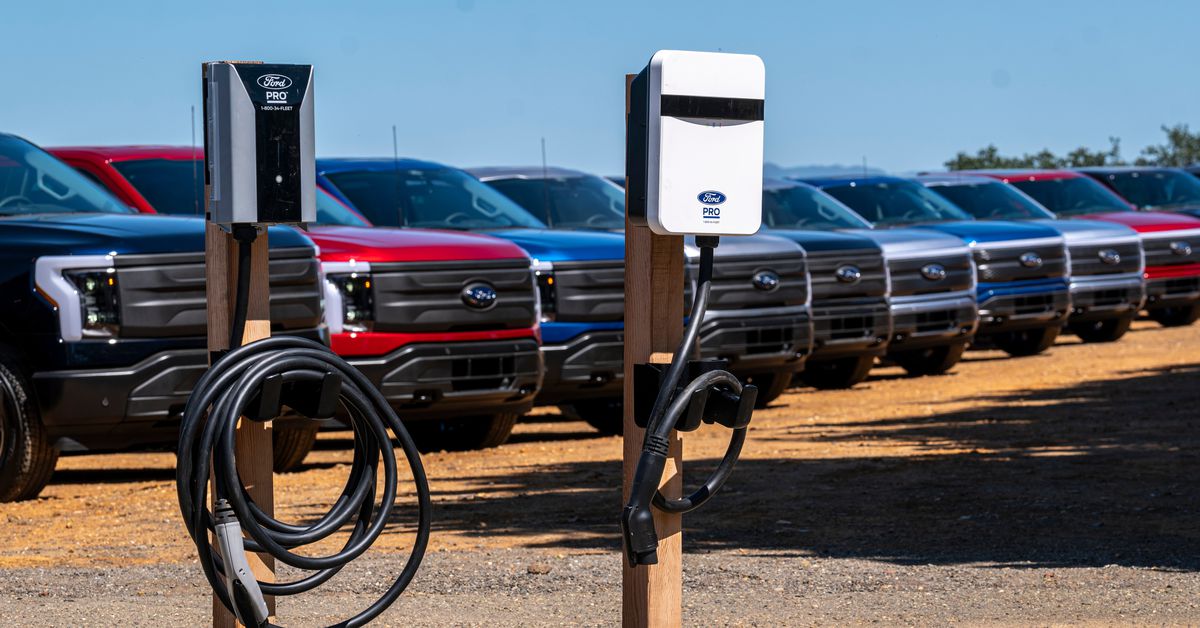NASA is moving ahead with plans for a second attempt to launch its next-generation rocket Friday, September 2nd, after an engine issue forced the agency to scrub today’s planned launch.
NASA halted the Artemis I launch attempt at approximately 8:34AM ET Monday, citing the failure of one of the Space Launch System (SLS) rocket’s four engines to reach the appropriate temperate. SLS is a key component of NASA’s Artemis program, which aims to send humans back to the Moon by 2025.
The next attempt is scheduled for Friday, September 2nd, at approximately 12:48PM ET. Michael Sarafin, Artemis mission manager, said that Friday is “definitely in play” but noted that the agency’s team needs time to comb through the data before making any determinations about the likelihood of a successful launch.
“There’s a non-zero chance we’ll have a launch opportunity on Friday,” Sarafin said during a briefing with reporters. “We’re going to play all nine innings here. We’re not ready to give up yet.”
NASA officials provided some more context on the engine issue that led to today’s launch getting scrubbed. The launch team had trouble getting one of the four RS-25 engines to the proper temperature for liftoff, which led to the decision to delay. Temperatures for the engines need to register at 500 Rankine for a launch to be feasible, Sarafin said.
:no_upscale()/cdn.vox-cdn.com/uploads/chorus_asset/file/23979444/1419114689.jpg)
“Once we got through the propellant loading on the rocket, both on core stage and the upper stage, they started the engine bleed,” Sarafin said. “We talked in our flight readiness review about the engine bleed. We knew that that was a risk heading into this launch campaign, and it would be the first time demonstrating that successfully.”
Sarafin said that the engine needs to be at a “cryogenically cool temperature such that when it starts, it’s not shocked with all the cold fuel that flows through it. So we needed a little extra time to assess that.”
But officials cautioned that today’s delay should not be viewed as an engine malfunction but rather an issue with the bleed system. The launch “never fully got into the engine bleed” during a previous “wet dress rehearsal” of the rocket launch earlier this year, Sarafin acknowledged, adding that officials knew it could be a risk for today’s launch.
Sarafin called the last 48 hours “very dynamic,” including a hydrogen leak that was quickly resolved and several lightning strikes on the towers holding up the SLS rocket. But asked whether the rocket may need to be “pushed back” from its position on the launch pad, officials demurred.
“That’s getting ahead of our data reviews, and we need the team to get rested and come back tomorrow,” Sarafin said. “We’re going to do our best to see where the data leads us and if we can resolve it operationally out at the pad.”
The next few days will be crucial for NASA as it examines all the data that contributed to today’s delay. And in the run-up to the next two launch windows, time will be working against the agency.
The next attempt is scheduled for Friday, September 2nd, at approximately 12:48PM ET. If that launch is successful, the mission will last 39 days, with the Orion crew capsule splashing down in the ocean on October 11th. If it doesn’t launch then, a third launch window will open on Monday, September 5th.
But if NASA determines that the rocket needs to be moved from the launchpad to the Vehicle Assembly Building (VAB) at Kennedy Space Center, those dates could be changed. Before each launch, teams must fully test the flight termination system, which is used to destroy the rocket if something goes catastrophically wrong during the launch, and that work can only be done inside the VAB. That testing takes time, so if SLS is forced to come back to the VAB after rolling out in August, chances are it wouldn’t be ready to fly until late October.
Jim Free, associate administrator for NASA’s Exploration Systems Development, concluded with some advice for those who were hoping to see a rocket launch today, including Vice President Kamala Harris: “Plan a week-long vacation in Florida, and you might see a launch.”

 1 year ago
192
1 year ago
192





 English (US) ·
English (US) ·